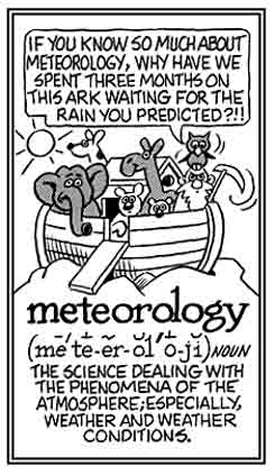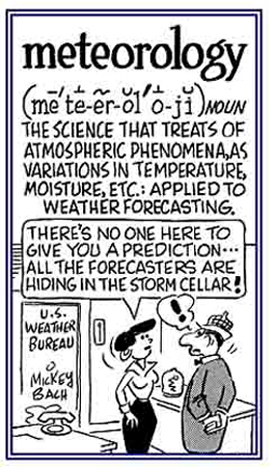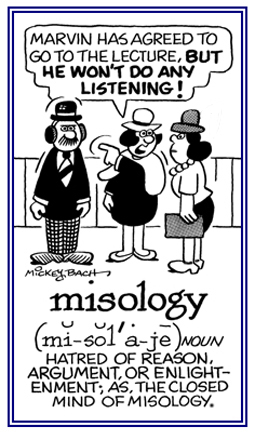-ology, -logy, -ologist, -logist
(Greek: a suffix meaning: to talk, to speak; a branch of knowledge; any science or academic field that ends in -ology which is a variant of -logy; a person who speaks in a certain manner; someone who deals with certain topics or subjects)
The word -ology is a back-formation from the names of certain disciplines. The -logy element basically means "the study of ____". Such words are formed from Greek or Latin roots with the terminal -logy derived from the Greek suffix -λογια (-logia), speaking, from λεγειν (legein), "to speak".
The suffix -ology is considered to be misleading sometimes as when the "o" is actually part of the word stem that receives the -logy ending; such as, bio + logy.
Through the years -ology and -logy have come to mean, "study of" or "science of" and either of these suffixes often utilize the form of -ologist, "one who (whatever the preceding element refers to)".
The examples shown in this unit represent just a small fraction of the many words that exist in various dictionaries.
2. Knowledge of the conditions of weather, atmospheric changes, etc., of a particular region: Meteorology is the scientific study of the physical and chemical phenomena of the atmosphere; especially, as they relate to weather and climate conditions.
Meteorology is now commonly used to include all of the scientific studies of the role of the atmosphere in the global climate systems.


Go to this Word A Day Revisited Index
so you can see more Mickey Bach illustrations.
2. The study of or research about fogs and smogs; especially, those affecting air pollution levels.
Is it possible that there are husbands and wives who divorced each other because they were misologists?
A misologist can also be a person of action who prefers to plunge ahead to accomplish something instead of talking about it so much.
2. A hater of over reasoning or critical comments: As a young pre-teenager, Larry became a misologist because he never wanted to listen to his parents trying to explain why he was not allowed to do the same things as grown-ups, like staying up late or watching crime movies on TV.
Go to this Word A Day Revisited Index
so you can see more of Mickey Bach's cartoons.

Go to this Word A Day Revisited Index
so you can see more of Mickey Bach's cartoons.
"A mixologist has helped to create and to ease the morning after a night of drinking with special mixtures of flavors."


